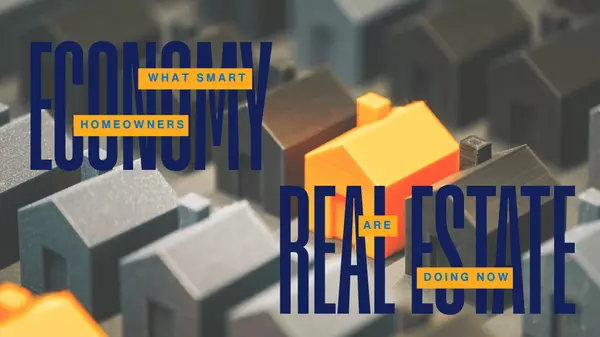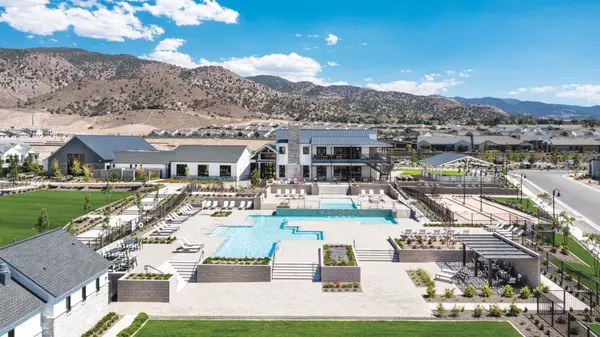
Named FastExpert’s Top Real Estate Agent in Reno – What This Means for Our Clients
We’re honored to announce that we’ve been named the Top Real Estate Agent in Reno, Nevada by FastExpert, one of the most trusted platforms for connecting buyers and sellers with top-performing real estate professionals. This recognition reflects more than just sales volume — it’s about delivering ou

Everything to Know About the 2025 Reno, NV Housing Market
Nevada’s little-big city has always moved to its own beat, but the market in 2025 feels like it’s strumming a brand-new riff. After a run-up that had plenty of folks wondering whether homes for sale in Reno might price out the average Reno buyer forever, the Reno housing market has shifted into a sl

Reno, NV Zip Codes: A Complete Guide to Reno, Nevada Zip Codes
Overview of Reno, NV and Its Zip Codes Intro to Reno Zip Codes If you’re checking out homes for sale in Reno or trying to figure out where to send that birthday card, Reno’s zip code system is your compass. The Biggest Little City sits in Washoe County in northern Nevada along the Truckee River and,
Categories
Recent Posts










